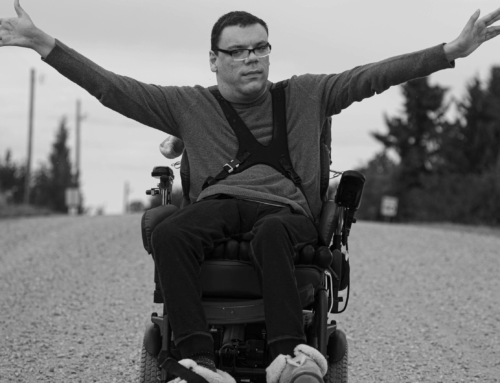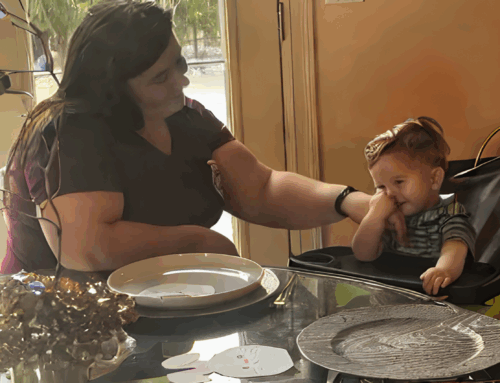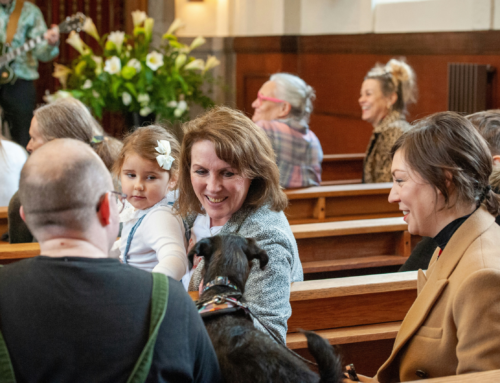 We are made for community, for connection and relationship. One thing we all share is the need for a sense of belonging. We need to know we are not alone.
We are made for community, for connection and relationship. One thing we all share is the need for a sense of belonging. We need to know we are not alone.
As a mother of an adult son on the autism spectrum and as pastor, I’ve experienced up close the journey with special needs through my family and congregation. About seven years ago I offered what I thought would be a short 4-week Bible study for parents raising children with special needs. What I found was a community with a deep thirst for connection and spiritual support. I also found a calling. That group continued meeting for years and changed the path of my ministry.
Since then I’ve helped launch many support groups in a variety of settings and wrote a book specifically for parents on the journey with special needs. I have learned that there are three key components to a successful support group:
 Leadership – While many ministries may require numerous volunteers, a support group needs just one passionate leader with good organization skills. The leader creates a welcoming setting, facilitates discussions, and keeps members connected through regular gatherings, email and social media.
Leadership – While many ministries may require numerous volunteers, a support group needs just one passionate leader with good organization skills. The leader creates a welcoming setting, facilitates discussions, and keeps members connected through regular gatherings, email and social media.- Location and Time – Chose a time and location that suits the target audience. Groups that meet on weekdays during the schoolyear suit stay-at-home parents. Weeknight groups serve parents who work, including most single parents, but bedtime routines on school nights make it hard for some to participate. Sunday morning groups serve everyone, but meeting time is limited due to fitting within the schedule allotted for Sunday school. Also, the more often groups meet, the deeper the connection among parents.
- Meaningful Material – Parents can use group time to share information, learn practical coping and parenting skills, process deeply held emotions, or simply connect socially for some down time. Using a variety of material keeps the group interesting. Perhaps start with a book study and then have an unstructured meeting that is purely social. Share relevant videos and invite guest speakers periodically who can speak on topics of interest to parents (education advocacy, navigating the health system, planning for life after graduation.)
When I began leading support groups one of my biggest concerns was how to address the variety of diagnoses within the lives of the families. Would a mom with an infant with Down syndrome connect with another parent whose child was older and had a diagnosis of autism? Would the parent of a young adult with an intellectual disability, long removed from the shock of diagnosis, find meaningful support? What I discovered time and again is that the differences in diagnosis and life stage virtually disappear within the group. While each parent is on a unique journey, and at a different place along the path, they find a common connection on the emotional and spiritual level that transcends those differences. They find a community that truly understands and in that connection lives are changed.
Guest post by Lorna Bradley

Rev. Dr. Lorna Bradley is an ordained deacon in the United Methodist Church and author of Special Needs Parenting: From Coping to Thriving. She serves as a Fellow in Developmental Disabilities and the Family at The Hope and Healing Institute. Follow her blog for parent support at specialneedsparenting.me, or on Twitter @revdoclorna and Facebook at www.facebook.com/LornaBradleyAuthor.


